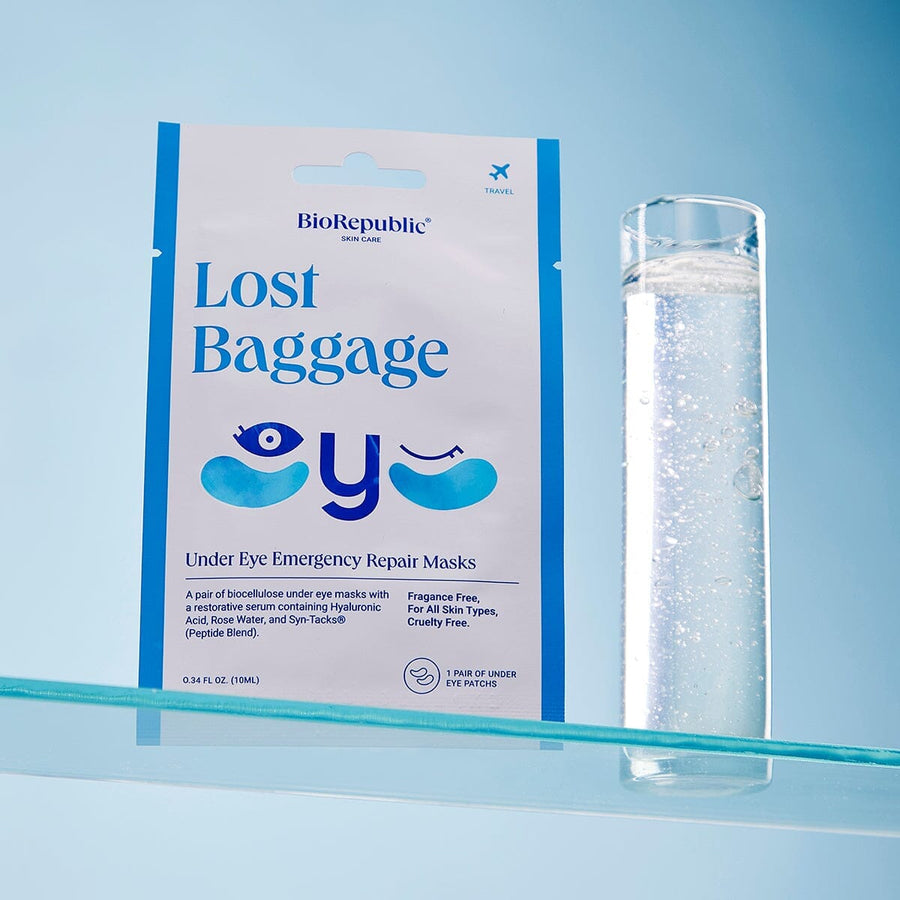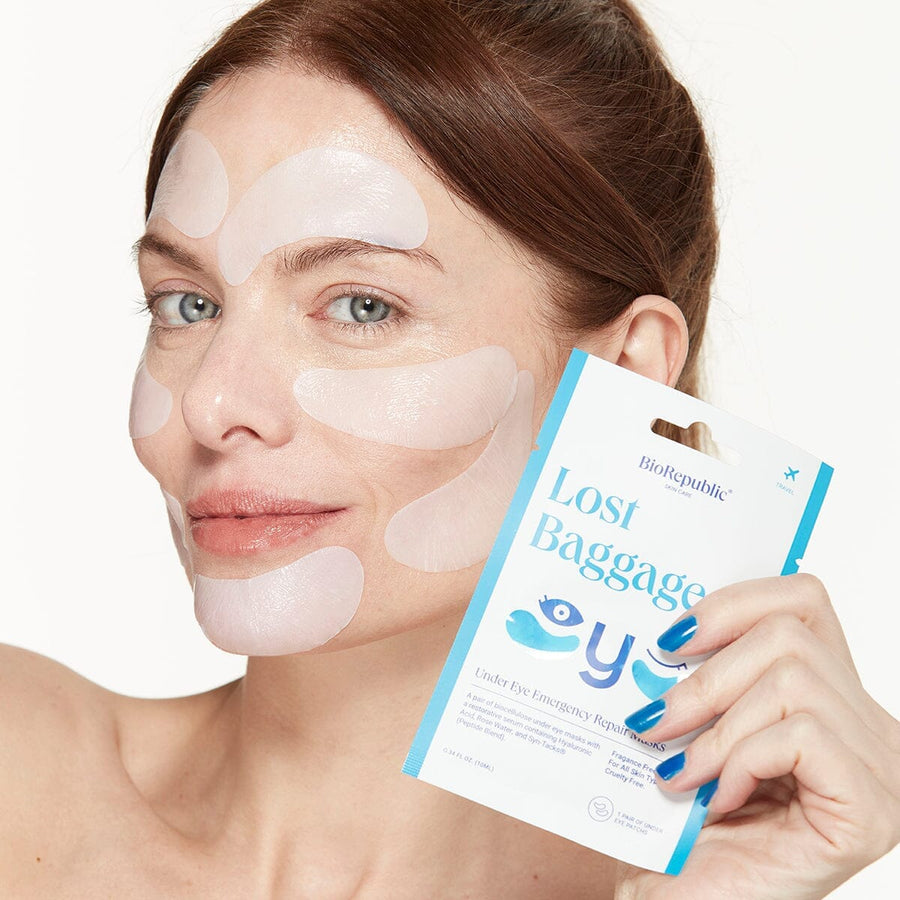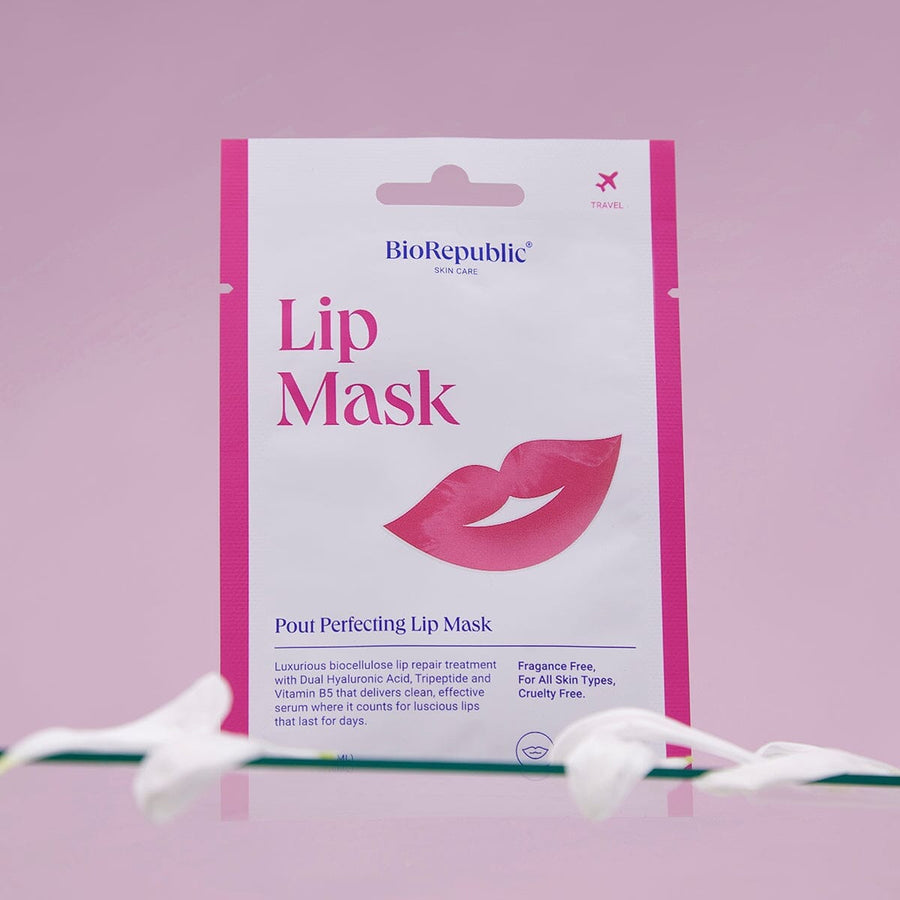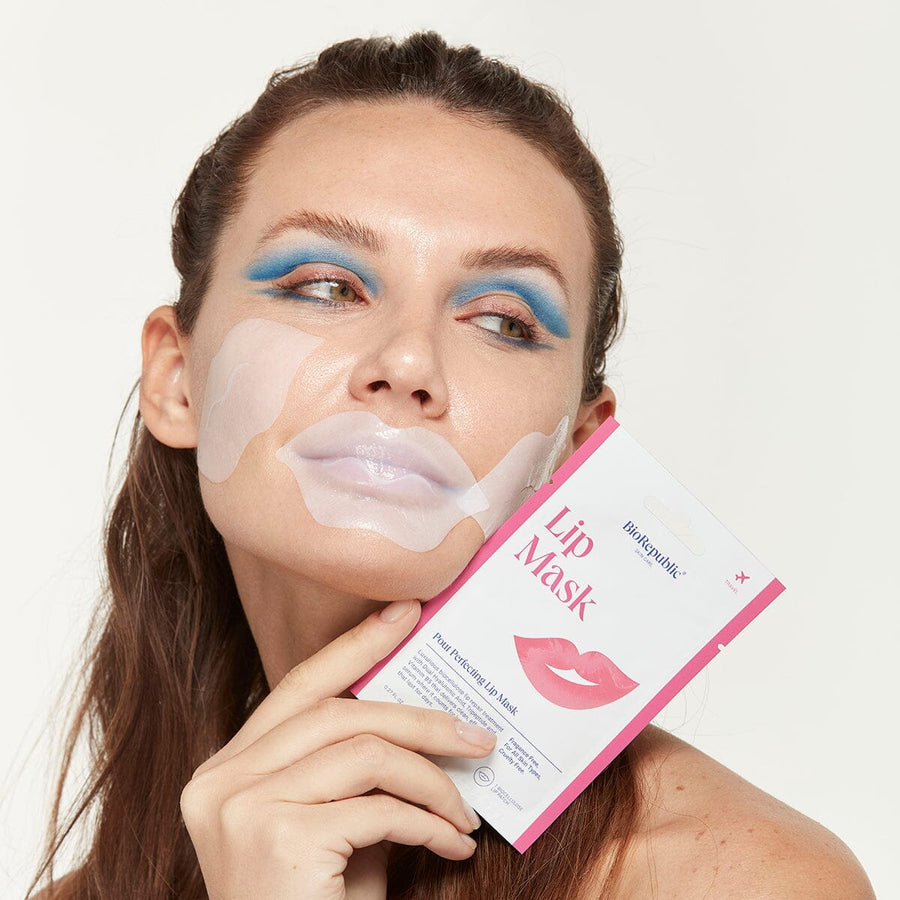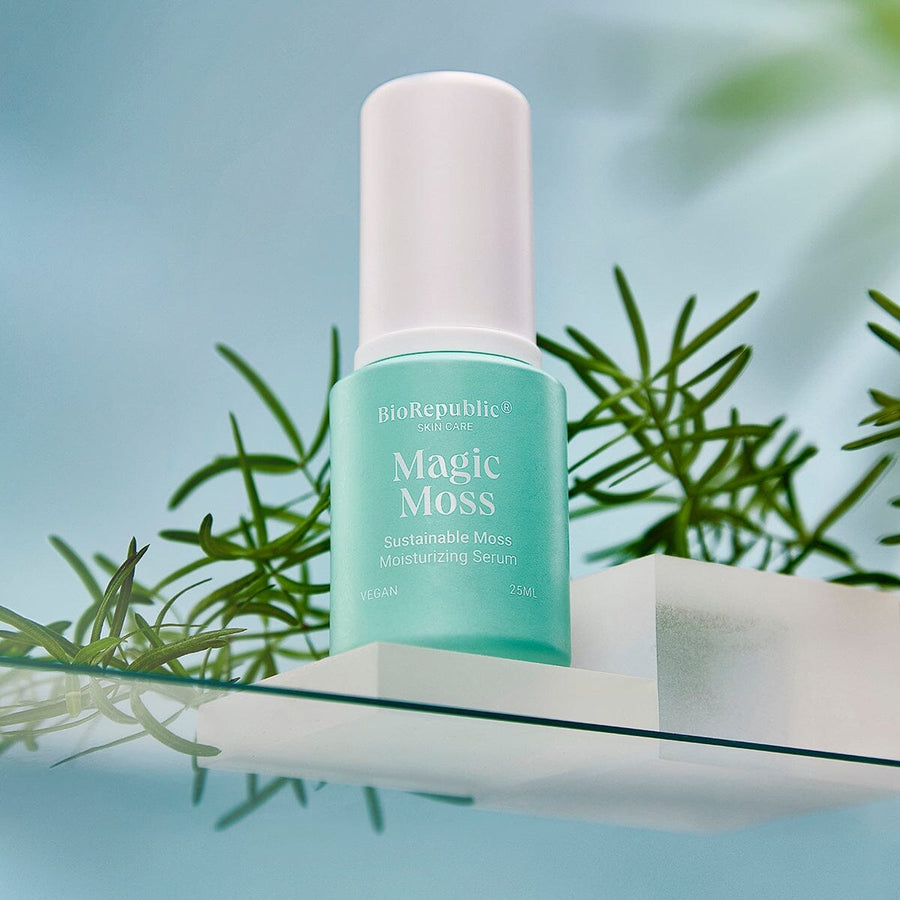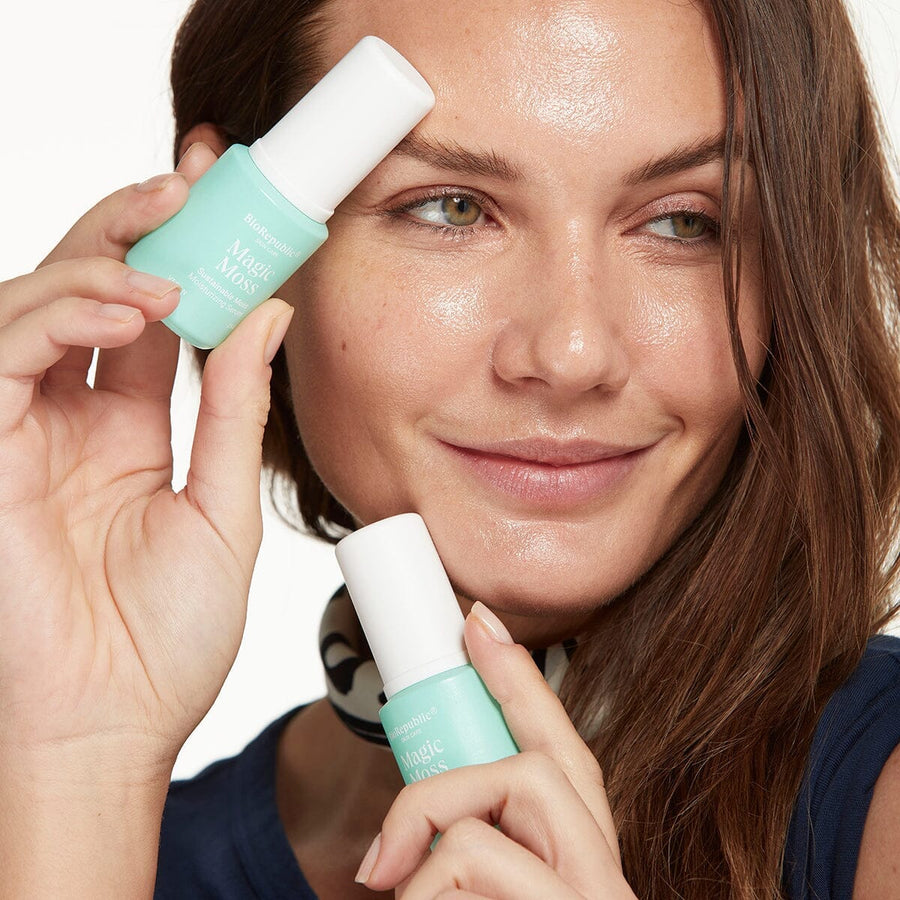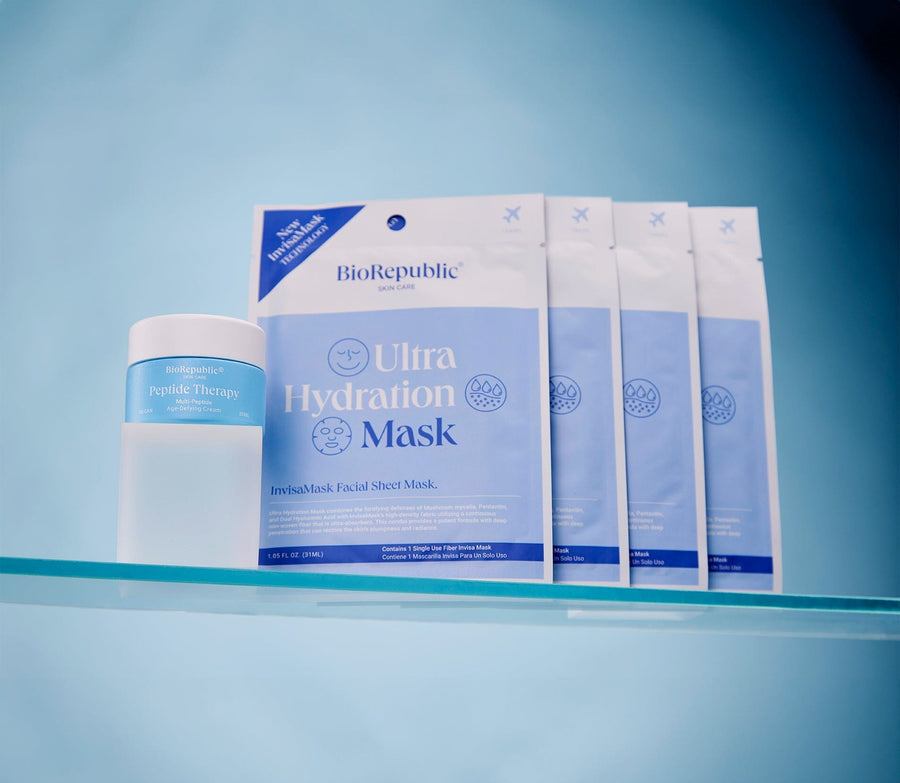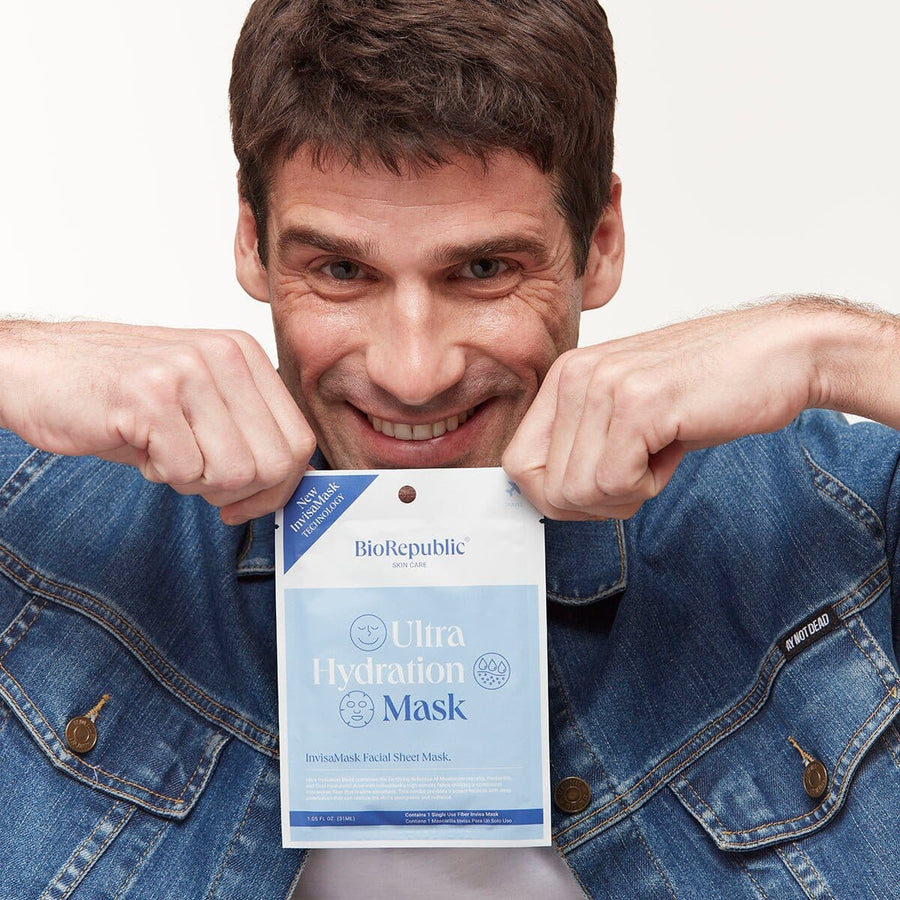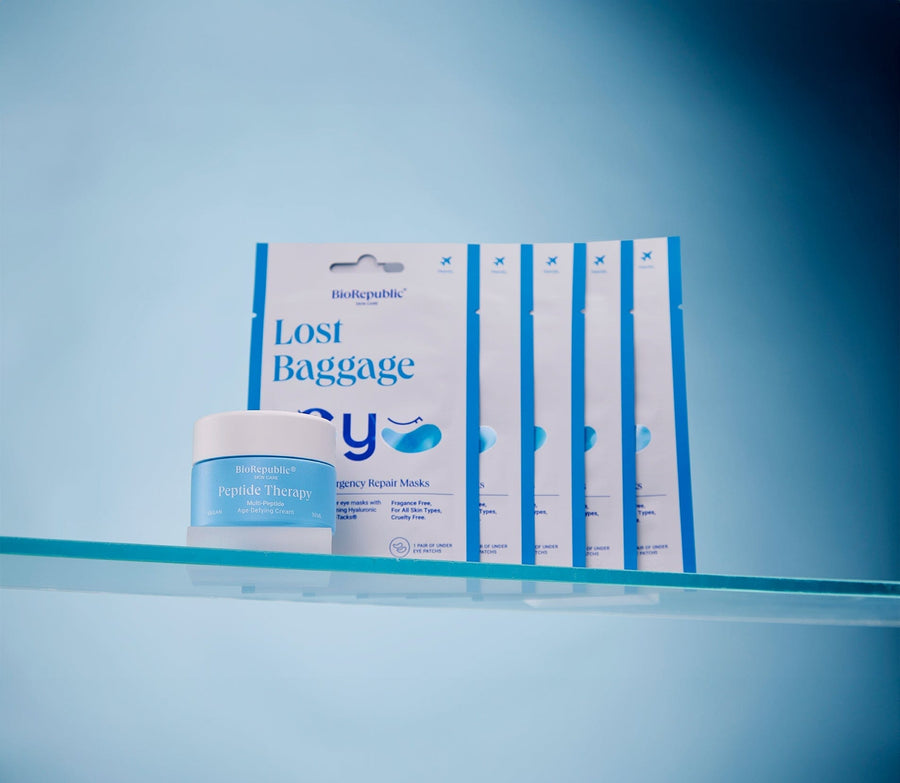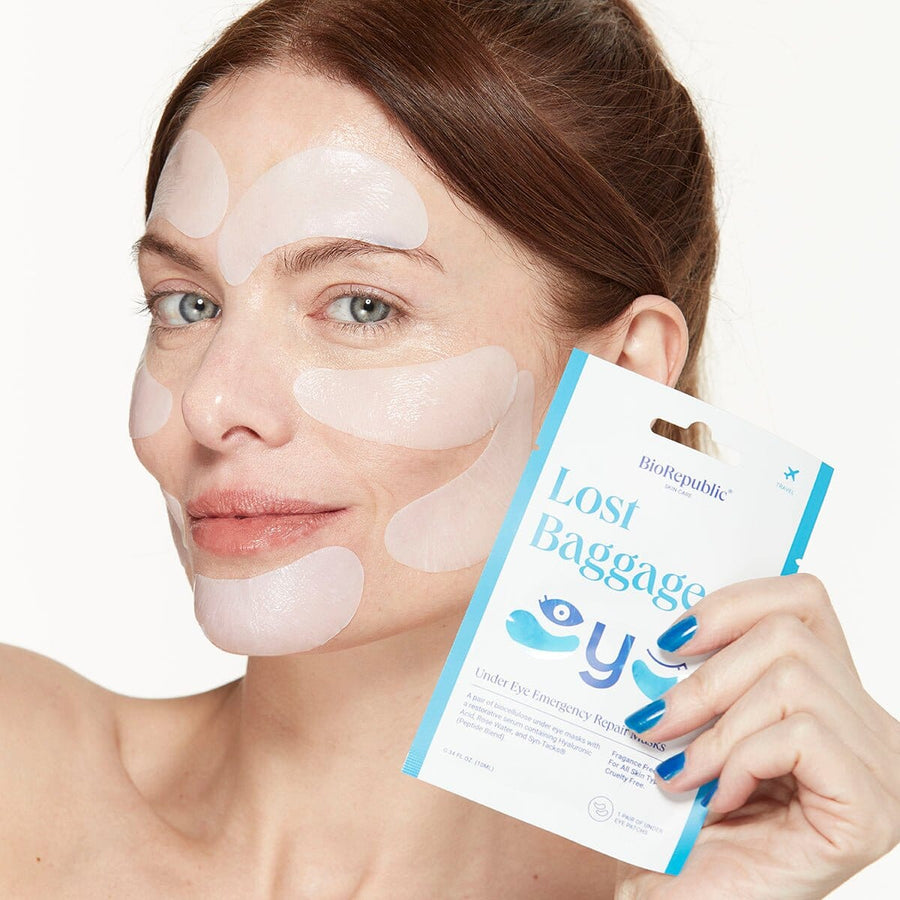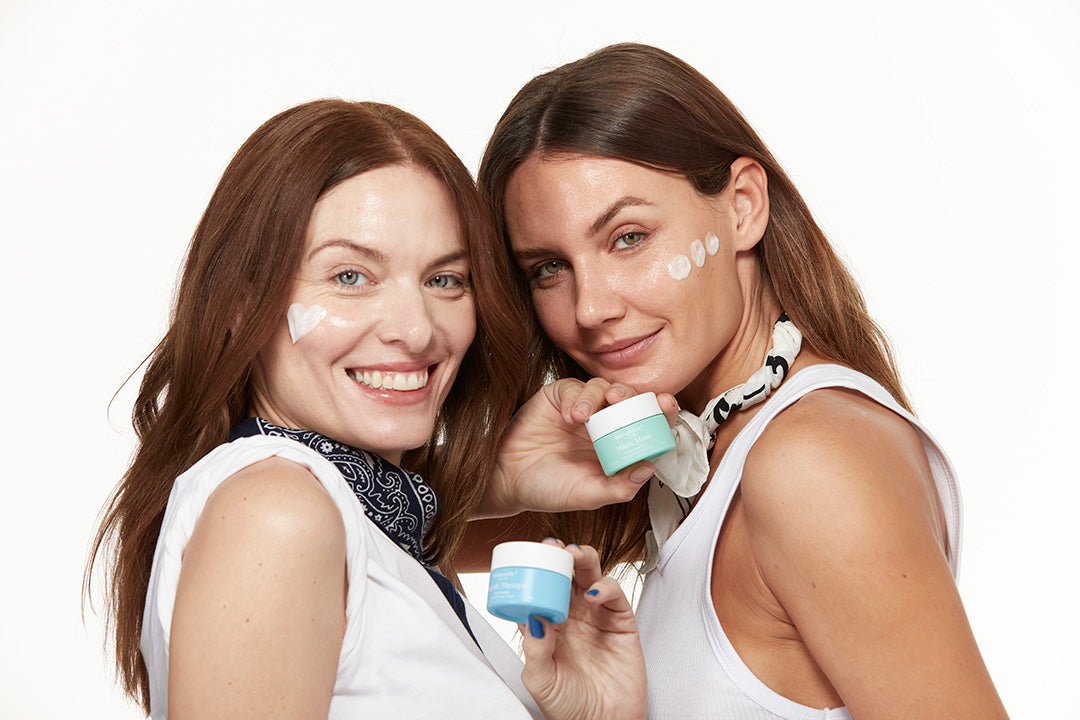“While some skincare ingredients are indeed safe for breastfeeding mothers, retinol is a different story. Although it works miracles in skincare, it should be noted that dermatologists don’t recommend it during pregnancy or while breastfeeding. As the skin absorbs topical retinol, small amounts can find their way into breast milk, which may not be safe for a breastfed infant."
Table of Contents
Feeling beautiful and taking care of yourself doesn't have to stop when you have a baby. Your skincare routine may just need tweaking when pregnancy and breastfeeding come into play. One common question that we hear is: "Can I use retinol while breastfeeding?" Given the uncertainty surrounding breastfeeding and the use of certain skincare ingredients, it's clear that many mothers are eager to protect their newborns while still caring for their skin.
Retinol is revered in the beauty industry for its effects on aging and acne. It’s used in many skincare products to promote collagen production, stimulate cell turnover, and remove fine lines and dark spots to reveal younger, fresher-looking skin.
As glowing as its reputation might be, retinol is approached wearily by new mothers. Is it safe for a breastfeeding mother to use skincare products with retinol as an active ingredient? And what are the potential risks?
While some skincare ingredients are indeed safe for breastfeeding mothers, retinol is a different story. Although it works miracles in skincare, it should be noted that dermatologists don’t recommend it during pregnancy or while breastfeeding.
Understanding Retinol
Retinol is a powerful antioxidant in the vitamin A family. Topical retinoid is highly praised in the dermatology world for its impressive effects on skin—all owed to its deep penetrative ability that reaches the lower layers of skin to repair and stimulate collagen production and speed up cell turnover.
Since its debut in the skincare world in the 70s as a miracle cure for acne, retinol has evolved, finding its place not just in anti-acne products but in anti-aging formulations as well. Over the years, dermatologists discovered retinol's potential in refining skin texture, balancing uneven skin tone, and reducing fine lines and dark spots.
Its benefits for the skin are undeniably impressive but as powerful as retinol is, it needs to be used wisely, especially when considering the health and well-being of your newborn.
Precautions and Potential Risks
Undoubtedly, retinol is a marvel in the skincare world. However, as a breastfeeding mother, there are potential risks and important precautions to be aware of when it comes to retinol use.
Like any topical solution, retinol can be absorbed by the body– traces may find their way into the bloodstream and could potentially pass into breast milk. Although research on how retinol impacts a breastfed infant is still limited, dermatologists and healthcare providers recommend avoiding retinol during breastfeeding.*
Potential side effects of retinol include redness, dryness, and flaking. While this does not directly affect the child, it proves retinol’s potency and that can be too harsh in certain situations. Retinol application can increase your skin's sensitivity to the sun – making strict sun protection vital.
Most importantly, the crux lies in the possibility of retinol transfer to the infant through breast milk. Animal studies have shown birth defects related to Vitamin A toxicity, and although these studies aren't directly transferable to human actions, caution argues for its avoidance. * Consulting with a board-certified dermatologist is crucial as they can provide the best advice tailored to your skin type and current situation.
Safer Alternatives to Retinol While Breastfeeding
To avoid any potential risks linked to retinol during breastfeeding, several safer alternatives can provide similar benefits.
- Peptides: Safe, gentle, and effective, peptides are far less likely to irritate the skin compared to retinol. Topically applied peptides improve skin texture, reduce the appearance of wrinkles, and enhance firmness.
- Hyaluronic acid: A powerful hydrating agent, especially for sensitive skin, hyaluronic acid retains moisture in your skin. It promotes cell detoxification while enhancing skin tone and combatting fine lines. Just like retinol, it’s great for acne-prone skin.
- Niacinamide: A versatile agent in addressing common skin concerns during pregnancy. Regular use of niacinamide improves skin texture, reduces inflammation, evens skin tone, and enhances the skin’s barrier function.
- Moss: As far-fetched as it sounds, moss is extremely powerful when it comes to hydrating the skin. Incorporating sustainable moss into your routine has long-lasting effects like skin tightening and moisture retention.
Incorporating these ingredients into your skincare routine can help you maintain a beautiful complexion throughout your pregnancy and breastfeeding journey. At BioRepublic, we understand the importance of nurturing your skin while also ensuring the safety of your young one. Our skincare products are designed with women like you in mind, made from natural and environmentally friendly components.
As with any skincare change, always consult your healthcare provider or board-certified dermatologist before introducing new products or ingredients.
Transitioning Back to Retinol Post-Breastfeeding
When you reach the end of your breastfeeding journey, you might be thinking of reintroducing retinol into your skincare routine. Return to your pre-pregnancy skincare regimen should be gradual and considerate. Here are some tips to help you transition safely and effectively:
- Seek Professional Advice: The best advice we can give is to consult with a healthcare provider or board-certified dermatologist before resuming retinol. They can guide you on starting doses and monitor your skin's response.
- Gradual Re-Introduction: Reintroduce retinol gradually. Starting with a lower strength, apply twice a week, and observe how your skin handles it. If there are no adverse reactions, slowly increase the frequency of use.
- Mindful Skin Care: Retinol can be drying and increase skin sensitivity, particularly to sun exposure. Ensure to apply broad-spectrum sunscreen daily and use protective clothing to shield your skin from harmful UV rays.
- Hydrate & Soothe: Use a moisturizer with soothing ingredients like hyaluronic acid or vitamin E to hydrate and soothe your skin alongside retinol application.
Remember, the goal is to treat your skin well, at every stage of life.
At BioRepublic, we have a clean beauty philosophy, our products are made from natural and environmentally-friendly components tailored to the needs of modern humans. For a wide range of safe skincare products suitable for breastfeeding mothers, consider exploring our line at BioRepublic.
Choosing what's right and safe for you and your child should always be the priority. Here's to enjoying motherhood and an excellent skincare journey!
References
- Miles, K. “Safe Skin Care during Pregnancy.” BabyCenter. Medical review by Layan Alrahmani, M.D., ob-gyn, MFM.
- Bozzo P, Chua-Gocheco A, Einarson A. Safety of skin care products during pregnancy. Can Fam Physician. 2011 Jun;57(6):665-7. PMID: 21673209; PMCID: PMC3114665.
- American Academy of Dermatology. “Retinoid or Retinol?” American Academy of Dermatology, 25 May 2021.
- Cleveland Clinic. “Retinol: Cream, Serum, What It Is, Benefits, How To Use.” Cleveland Clinic, 17 June 2022.
- Dibley, Michael J., and David A. Jeacocke. “Safety and toxicity of vitamin A supplements in pregnancy.” Sage Publications Inc, 2001, p. 252.
Before using our pregnancy-safe skincare products, we urge you to conduct a patch test to ensure compatibility with your skin, especially if you have sensitivities, allergies, eczema, or open wounds. Consult your healthcare provider or dermatologist before use for personalized medical advice, particularly if you have any skin conditions or health concerns. It's crucial to confirm the suitability of any skincare product during pregnancy and breastfeeding with a medical professional to safeguard both your and your baby's health.




